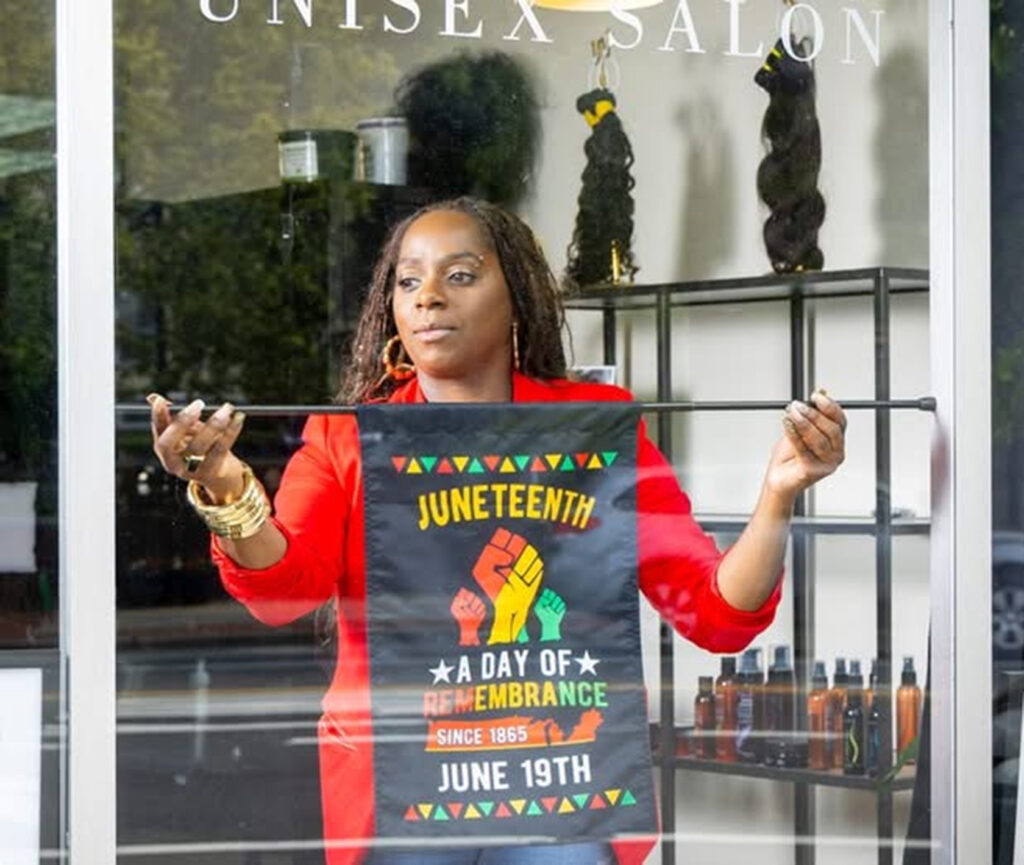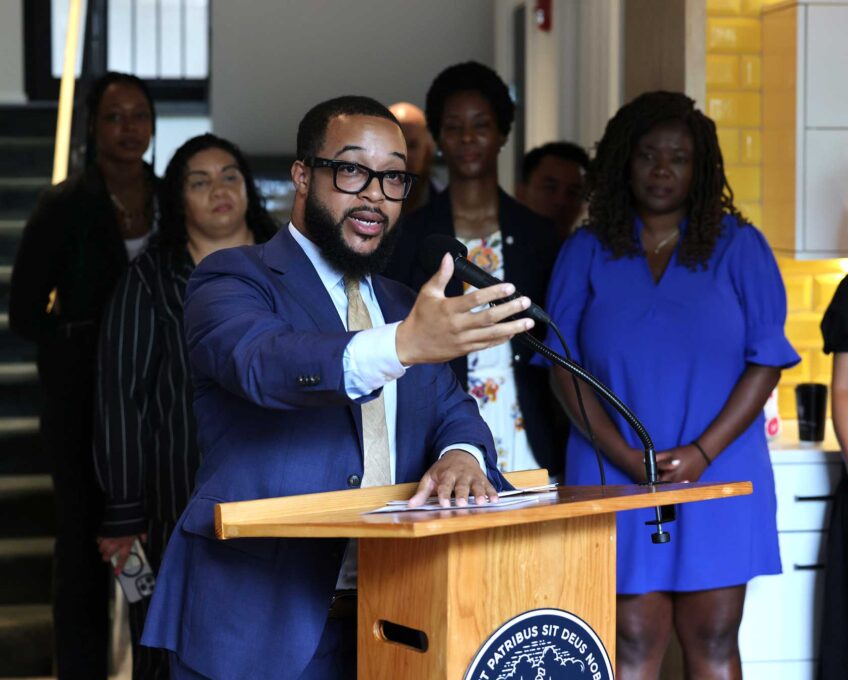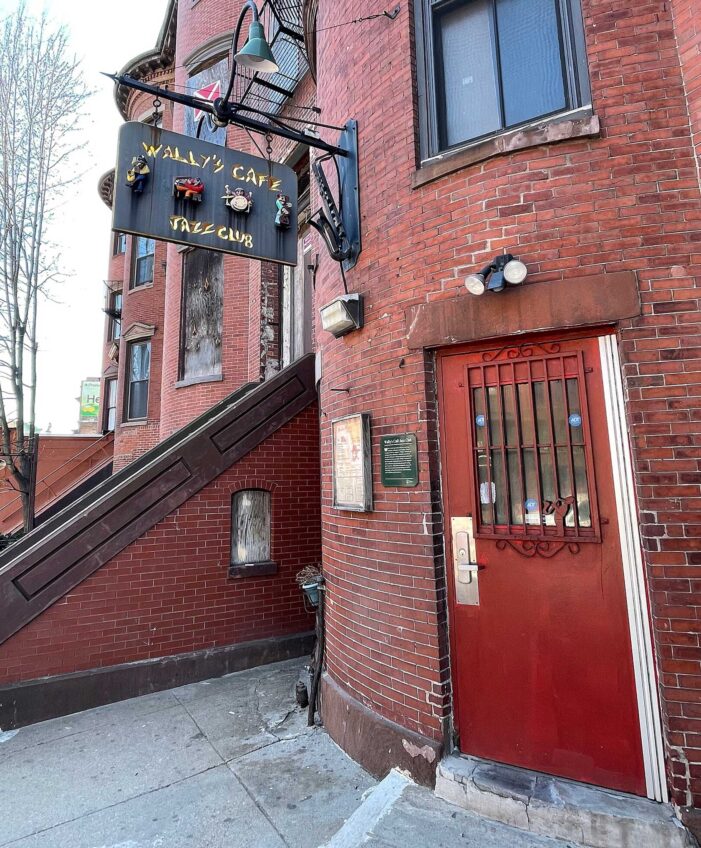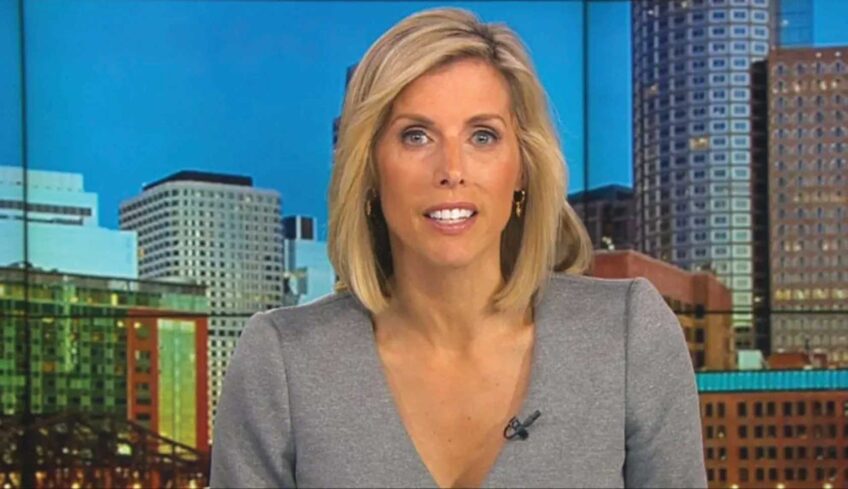
Banner Business Sponsored by The Boston Foundation
Kanessa Alexander has put up a Juneteenth flag celebrating her business, Perfect 10 Salon, for years. But this year, her father is nervous for her to display the symbol of support for Black-owned businesses outside of her West Roxbury salon’s door, believing it might make her a target.
“I had to say a prayer to myself, hoping I don’t find a brick through my window,” said Alexander. “When people walk by my flag, they shake their head and roll their eyes.”
Since President Donald Trump took office for a second time in January, he has worked to eliminate diversity, equity and inclusion programs at businesses and universities nationally. And the federal administration has pushed to end programs intended to help businesses with diverse leaders and owners, resulting in preemptive measures to pull back contracts that might have ties to diversity efforts.
Nicole Obi, CEO of the Black Economic Council of Massachusetts, or BECMA, said that some large businesses are stepping back from companies that were on their diverse suppliers lists, hurting small businesses across the state.
Diverse businesses feel the brunt of DEI attacks
Following a push to uplift Black- and minority-owned businesses in 2020, many companies across sectors moved to include supplier diversity programs that folded in more vendors with minority owners.
But now that the federal attitude toward those programs has changed, Black-owned small businesses, especially contractors, once again must overcome hurdles to work with big corporations.
Obi said she’s seen funding rollbacks that have impacted many businesses they support. The organization, whose mission is to drive economic equity and prosperity for Massachusetts, is heading into its 10th year of operation and Obi says she’s worried about Black businesses being hurt by federal policies, directly and indirectly.
Asked for names of businesses that have already been hurt, BECMA said most want to remain anonymous to prevent further backlash. But Obi said that even for longtime minority-owned vendors, buyers are shying away in all sectors.
“Many of our members are now struggling with procurement because buyers, whether they’re public or private, are not sure how to execute their supplier-diversity program,” said Obi.
Even if a vendor and buyer have had a positive relationship for many years, fear and confusion are stopping procurement. “Why are you only able to hire an electrician of color through your supplier diversity programs?”
Questions on shifting DEI policies have abounded as those policies have done a full 180 from their implementation ramp-ups in 2020. Many of Massachusetts’ largest businesses, like GE and CVS, eliminated language pertaining to diversity in their annual reports.
Stress from economic conditions including inflation and tariffs are also compounding issues for diverse suppliers the same way they did during the COVID pandemic, Obi said.
For-profits, nonprofits affected
Orlando Watkins, vice president and chief program officer at The Boston Foundation, is seeing the same impact across for-profit and nonprofit organizations with diverse founders or whose missions explicitly lift Black-owned businesses. The Boston Foundation is focused on funding nonprofits, and Watkins says the founders of those organizations fear that lawsuits could be aimed at their programs.
“If you are a small nonprofit, even though you may win the lawsuit, it could be devastating to have to engage in some legal battle. So, this legal aggression is creating a chilling effect,” said Watkins. Feeling vulnerable, some nonprofits are changing their names and mission statements to avoid being “explicit about racial gaps,” he said.
But while the outlook is cloudy for many Black business owners around Juneteenth 2025, the fact that the community is coming together is a sign of hope. “Everyone is triaging and trying to figure this out together,” said Watkins.
Jeanette Velasquez CEO of Velasquez Tax & Business Services, says that despite hardships, connections and services that didn’t exist five years ago will push small minority-owned businesses to succeed in the next four to five years.
During the height of COVID-19, Velasquez helped small businesses gain over a $1 million in grants and funding to survive. Since then, her relationships with businesses have grown by over 40% as a service provider in the BECMA Back Office Support Services Program, or BOSS, that helps owners get essential finan¬cial assistance and consultation.
“There’s an African proverb: If you want to go fast, you go alone, but if you want to go further, you go with a team,” said Velasquez. She believes that strategic partnerships — especially between small, minority-owned businesses — are the best way to grow.
Velasquez has used an assortment of resources from the economic development group. Partnerships with other businesses have emerged from her time as a member of BECMA. On a personal level, Alexander says that she feels people are “empowered to express disdain” for her as a Black business owner and person. Despite feeling hate from neighbors, she says her business is succeeding because she’s open and ready to continue fighting to stay in existence.
“Especially now with this administration there is a lot of uncertainty, but I’m thriving because I’m here,” said Alexander.
This article first appeared in The Boston Business Journal.







